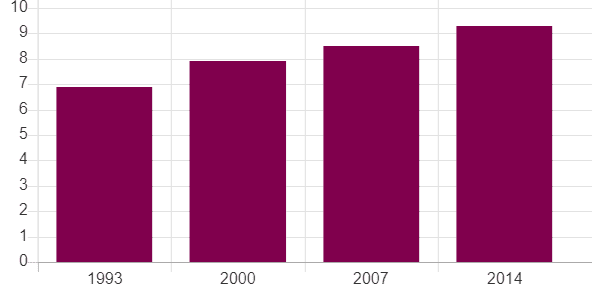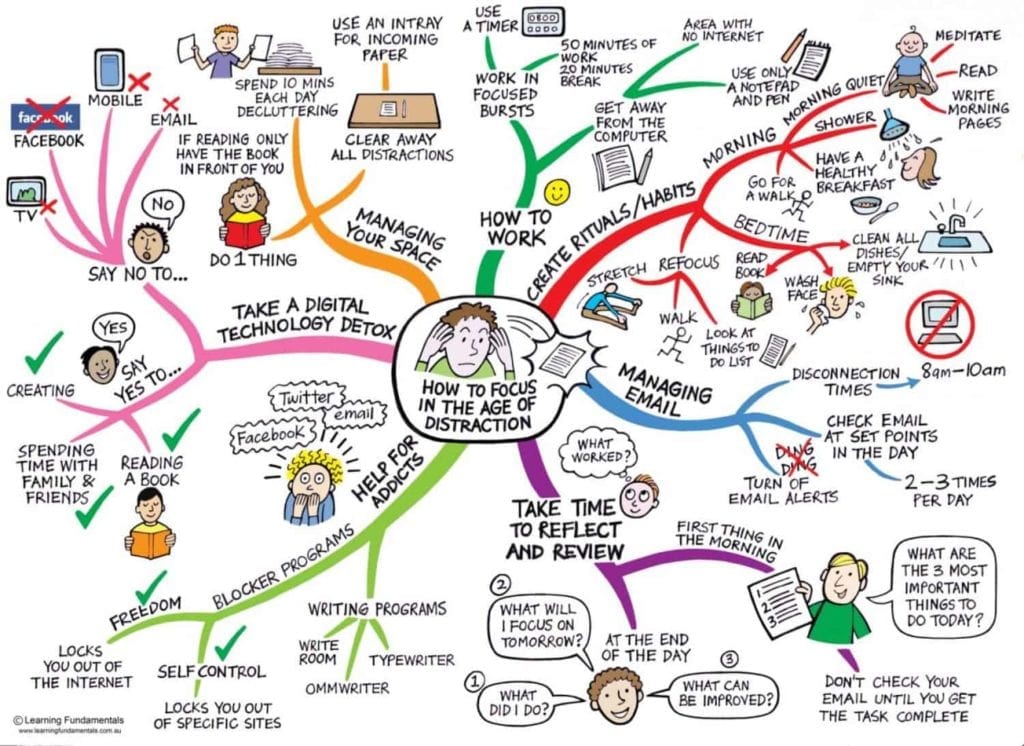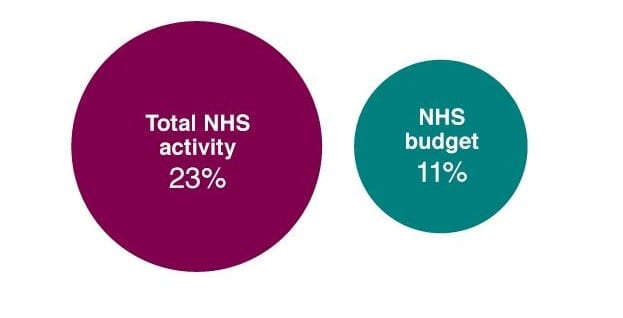One in 14 claim for mental health

Mental Health is becoming a hot topic in politics and the media for good reason.
A recent study by the NHS shows how the proportion of the country suffering from severe symptoms has been increasing fairly steadily over the last 25 years.
The rise of mental health problems:

NHS Digital, Mental Health & Wellbeing in England, Adult Psychiatric Morbidity Survey 2014 *Percentages scored in the highest category for overall neurotic symptoms
But why are mental health problems on the rise? It is not possible to point the finger at any one issue, AnxietyCentre suggested the following as potential areas of interest in modern Britain:
- Increased parental pressures
- Increased adoption of electronic media (Electronic Screen Syndrome)
- Increased performance pressures (education, career, financial, etc.)
- Increased terrorist events and threats
- Increase in divisive news
- Dramatic increase in violent TV programs, movies, and video games
- Dramatic increase in graphic children’s media
- Increase in sexually explicit material (TV programs, movies, video games, easy access online, etc.)
- Social media pressure
- Reduced face-to-face interactions and social supports
- The breakdown of the family unit
- Sexual orientation confusion
- Gender confusion
- Being exposed to a multitude of opinions (on TV and online)
- Being exposed to aggressive behavior (a dramatic rise in child abuse, adult abuse, sexual abuse, etc.)
- Poor/reduced sleep
- Increased financial pressure on parents
- Reduced parental contact – children are prematurely separating from parents and families, and bonding to peers
- Easy access to, and the acceptance of, recreational drugs (of all types)
- Overly protected/indulged children
- Reduced expectations for young adults
- The ‘I’ generation (where everyone believes they are entitled to whatever they want, from opinions to lifestyle choices, and whenever and however they want it)
When dealing with stress there is a wealth of knowledge and techniques to be found online, here is a great guide on breathing techniques from Groom and Style. Examples covered include the Buteyko method which can help improve sleep patterns, and the impact of something as simple as breathing through your nose instead of your mouth.
Mindfulness
The art of mindfulness and relaxing without distraction have been shown to maintain mental wellbeing, managing stress and even pain relief.

Why not checkout RelaxLikeaBoss who have put together a great free guide on how to use mindfullness techniques in everyday life.
“enjoy the rewards of being mindful by integrating it into your everyday life.”
John Parrott – RelaxLikeaBoss.com
Mental Health and the NHS
The Kings Fund in 2015 found that even though mental health accounts for over 23% of all activity in the NHS only 11% of its funding is put into this area.
This has often been viewed as a failing by society and government to provide adequate support for those in need. Historicaly there has always been a focuson physical illness rather than the psychological.
With the population living longer than ever and a growing need to work later in life this outlook clearly needs to change.

This has led many to seek private medical insurance for their family, so that if mental health issues appear; they have the best support possible.
Income protection provider Holloway Friendly has revealed that mental health continues to figure heavily in claims for absence from work. According to the provider, mental health now accounts for 7% of all its claims in 2018, correlating closely with the results of the NHS survey.
Figures from 2018 show that the provider paid 98% of claims, a 2% increase on 2017. Holloway Friendly also announced that they paid a full 100% of all claims in the second quarter of 2018, doing much to reassure customers of their reliability.
The most common reason for claiming Income Protection is still accident and injury at 27%, with musculoskeletal (such as back pain) accounting for 24%. The average length of claim for the provider was one year, with its longest claim ever being over 20 years.
Holloway Friendly is now looking at how they can further support the one in 14 who is suffering from mental health. Experts are concerned that the rise in social media, extra pressures, and the increase in working hours, will see further increases in mental health claims in the future.


